Preservation (4 page)
Authors: Fiona Kidman

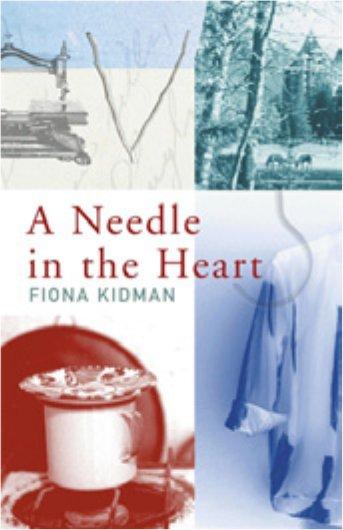
A collection of six compelling stories linked by a central issue in the lives of the main characters, a defining issue that shapes their futures.
The disappearance of a brother; an illegitimate child born to a young girl; a traumatic court case; a woman caught between the deep friendship of two men; a lost lover; a betrayal. They are generally stories about country women, whose children have grown up and moved away to the cities, while they have remained surrounded by tight communities and an enfolding countryside. The central story is of a woman who has a drifting sewing-machine in her body. Every time she thinks she has composed her life, she is reminded of something that happened in her past and feels as if the needle is ‘passing through her heart’.
‘She has a rare ability to capture a sense of place and time … [Her] stories remind me of Alice Monro.’ – Booksellers News
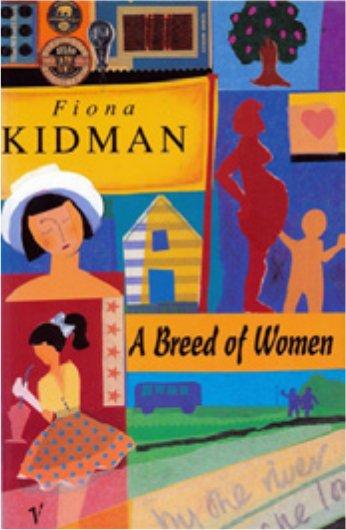
A bestselling and influential novel, this compulsive story examines women’s changing lives.
‘One thing she had learnt was that she and Leonie belonged to a breed of women who were indestructible. They were survivors.’
Taking risks is something Harriet seems driven to do as she struggles to retain her identity as a woman in the face of opposing demands from society. Through her adolescence in rural New Zealand, two marriages and a television career, she steadfastly maintains her quest. But, in the end: What has she won? What had she lost?
‘Tautly written, often poetic, and dramatic … a first-class novel.’ – Sydney Morning Herald
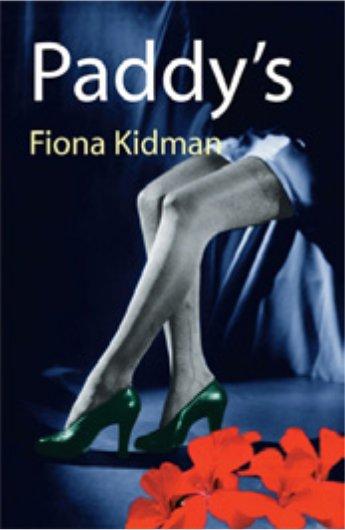
An internationally acclaimed novel, the Kirkus Reviews wrote, ‘Shrewdly balanced between earthy tenderness and the dreadful trauma of disillusionment: a grave yet limber narrative-and a very welcome import.’
In a strange old building referred to as Paddy’s Puzzle, Clara Bentley endures the fears of wartime and awaits the arrival of her lover, Ambrose. He’s an American Marine. And he’s black. Having grown up in suburban Hamilton, her move to Auckland marks an escape from the dreariness and restrictions of her childhood. In this building, full of an odd assortment of people, she waits, not just for Ambrose, but for the air-raid siren, for the culmination of her illness and for the sister to whom she dreads having to explain her new life in the Puzzle.
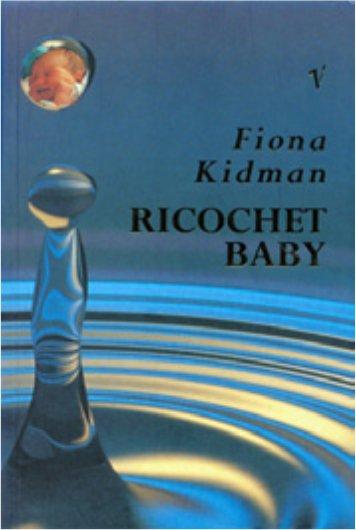
A moving novel, with intelligent and compassionate insight into post-natal depression and the complexities of relationships.
‘When Roberta falls pregnant her whole family is filled with joy.’
Fallen is not exactly how Roberta would describe it, for she and Paul have planned the baby and it has been conceived at exactly the time that they chose. But the birth itself is not as anyone chooses and the circles that radiate from this crisis affect everyone involved and change Roberta’s life, in particular, for ever.
Moving & perceptive, full of intelligence and compassionate insights into the complexities of human relationships, this is a fine novel from one of New Zealand’s best writers.
‘In her craft of her storytelling and in her compassionate gutsy tough expression of female experience, she is the best we have.’ – New Zealand Listener
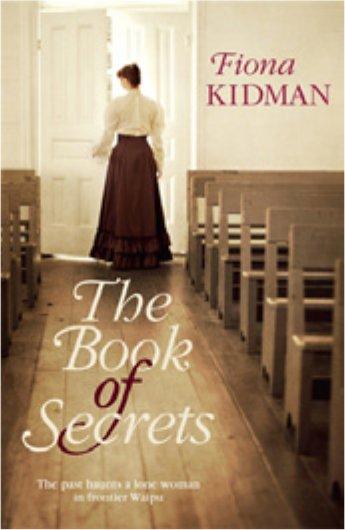
A classic, prize-winning novel about an epic migration and a lone woman haunted by the past in frontier Waipu.
In the 1850s, a group of settlers established a community at Waipu in the northern part of New Zealand. They were led there by a stern preacher, Norman McLeod. The community had followed him from Scotland in 1817 to found a settlement in Nova Scotia, then subsequently to New Zealand via Australia.
Their incredible journeys actually happened, and in this winner of the New Zealand Book Awards, Fiona Kidman breathes life and contemporary relevance into the facts by creating a remarkable fictional story of three women entangled in the migrations - Isabella, her daughter Annie and granddaughter Maria.
McLeod’s harsh leadership meant that anyone who ran counter to him had to live a life of secrets. The ‘secrets’ encapsulated the spirit of these women in their varied reactions to McLeod’s strict edicts and connect the past to the present and future.
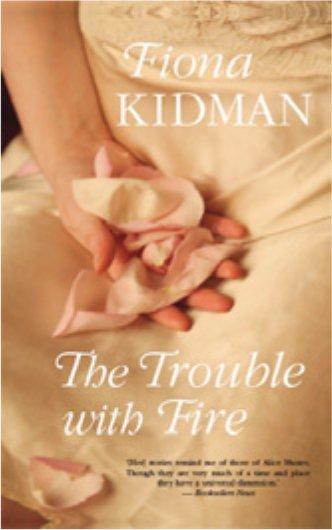
A beautiful collection of stories by a pre-eminent writer, shortlisted for major awards.
Fiona Kidman has a genius for peeling back the lives of ordinary people to reveal their hidden passions and complexities. In this brilliant new collection, she explores — with her customary subtlety and insight — how we are all touched and sometimes scarred by the flames of emotion, whether it be the impossible love of a pregnant woman for a married man, grief for a dead baby or loss of a young woman in mysterious circumstances. Ranging in time from the colonial period to the present day, these stories by one of New Zealand’s foremost writers are beautifully crafted, intriguing and evocative.
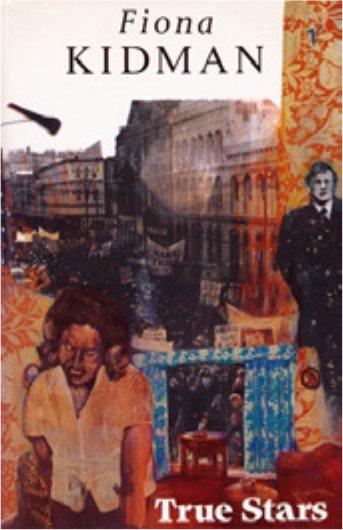
Who is trying to scare Rose? This gripping novel is a vivid portrayal of New Zealand in the 1980s.
Rose Kendall is alone. She is isolated from her children, her friends, and her political ideals, and there is someone trying to scare her - she doesn’t know why and she doesn’t know who.
True Stars shows the tensions and divisions in 1980s New Zealand, which were echoed both on a national level and in family relationships, which were crystallised by the 1981 Springbok Tour, and which gnaw at differences in race, gender, class — and politics. It is a savage and often humorous novel set during the last months of the Lange Government.
‘With True Stars, Fiona Kidman has become the foremost chronicler of our times.’ – Roger Hall, The Dominion
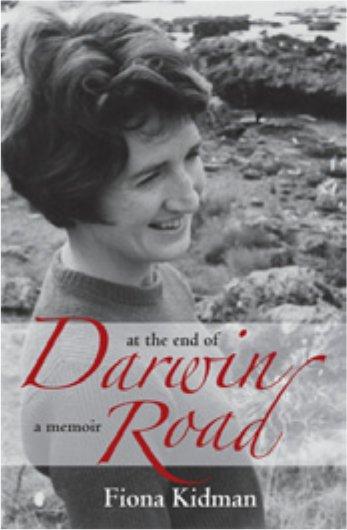
An evocative memoir about the emergence of a pre-eminent writer in a changing world.
‘What I have to tell is largely a personal narrative about how I came to inhabit a fictional world’
This absorbing memoir explores the first half of writer Fiona Kidman’s life, notably in Kerikeri amid the ‘sharp citric scent of orange groves, bright heat and … the shadow of Asia’ — at the end of Darwin Road. From the distance of France, where Kidman spent time as the Katherine Mansfield Fellow in Menton, she reconsiders the past, weaving personal reflection and experience with the history of the places where she lived, particularly the fascinating northern settlements of Kerikeri and Waipu, and further south the cities of Rotorua and Wellington.
Her story crosses paths with those of numerous different New Zealanders, from the Tuhoe prophet Rua Kenana, to descendants of the migration from Scotland led by a charismatic Presbyterian minister, to other writers and significant friends. We learn of Kidman’s struggles to establish herself as a writer and to become part of different communities, and how each worked their way into her fiction.
At the End of Darwin Road is a vivid memoir of place and family, and of becoming a writer: ‘I was certain that … I would continue to write, if possible, every day of my life.’
